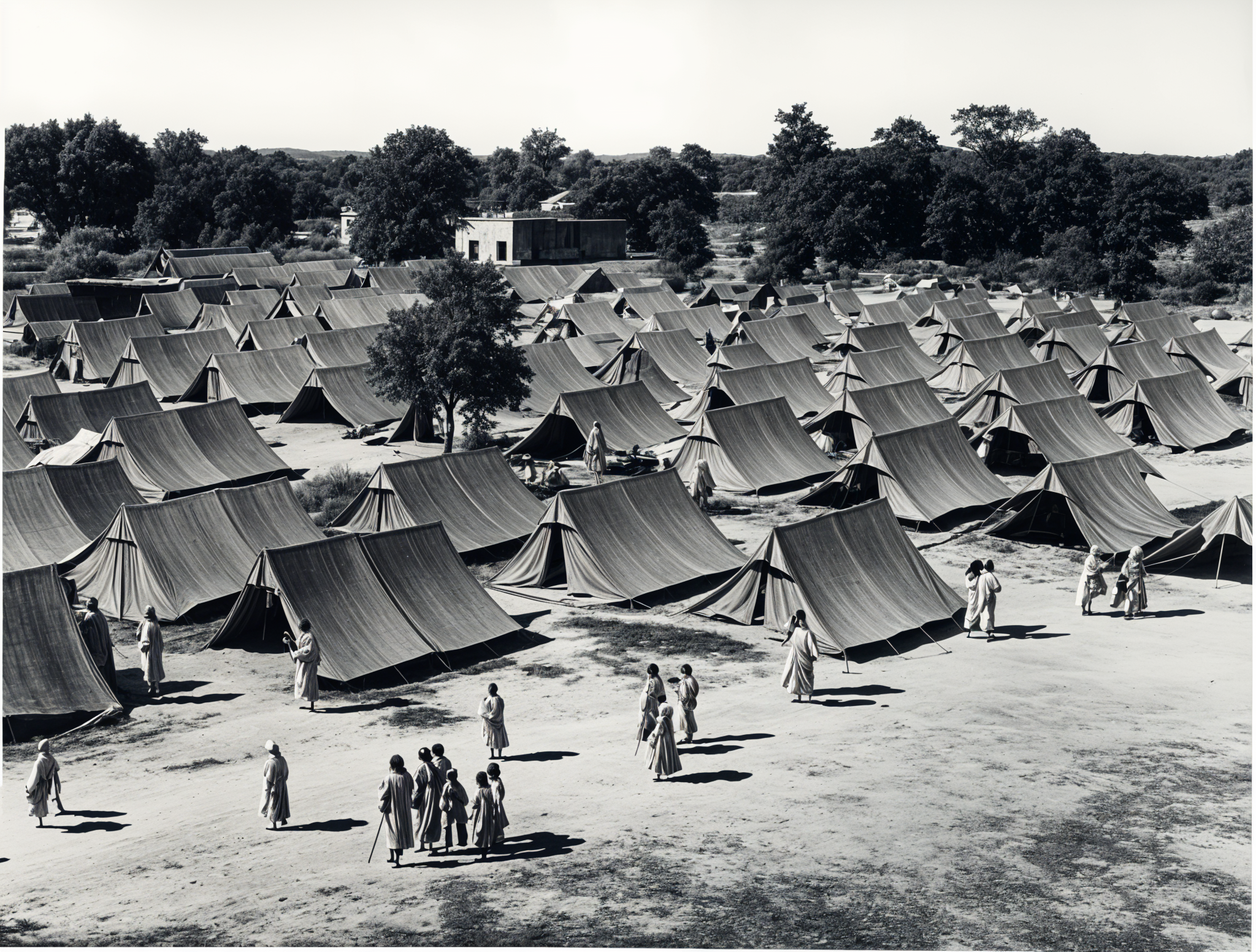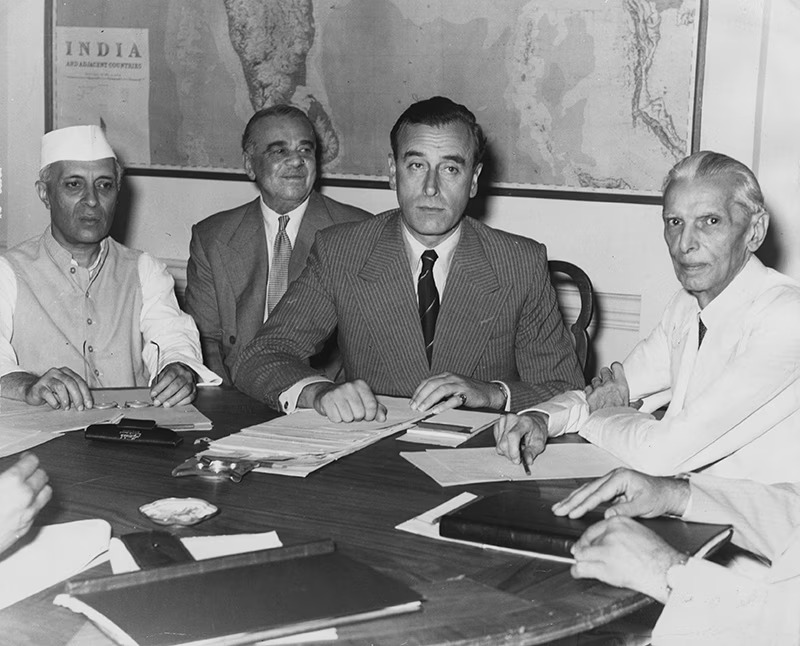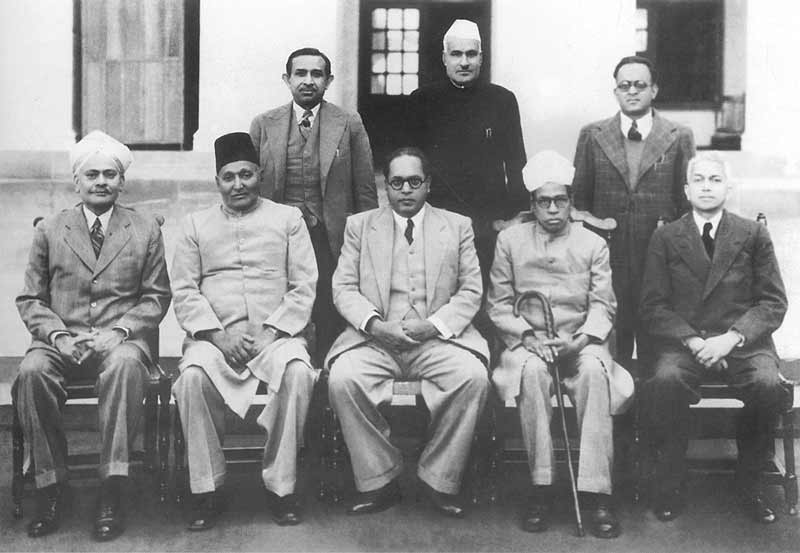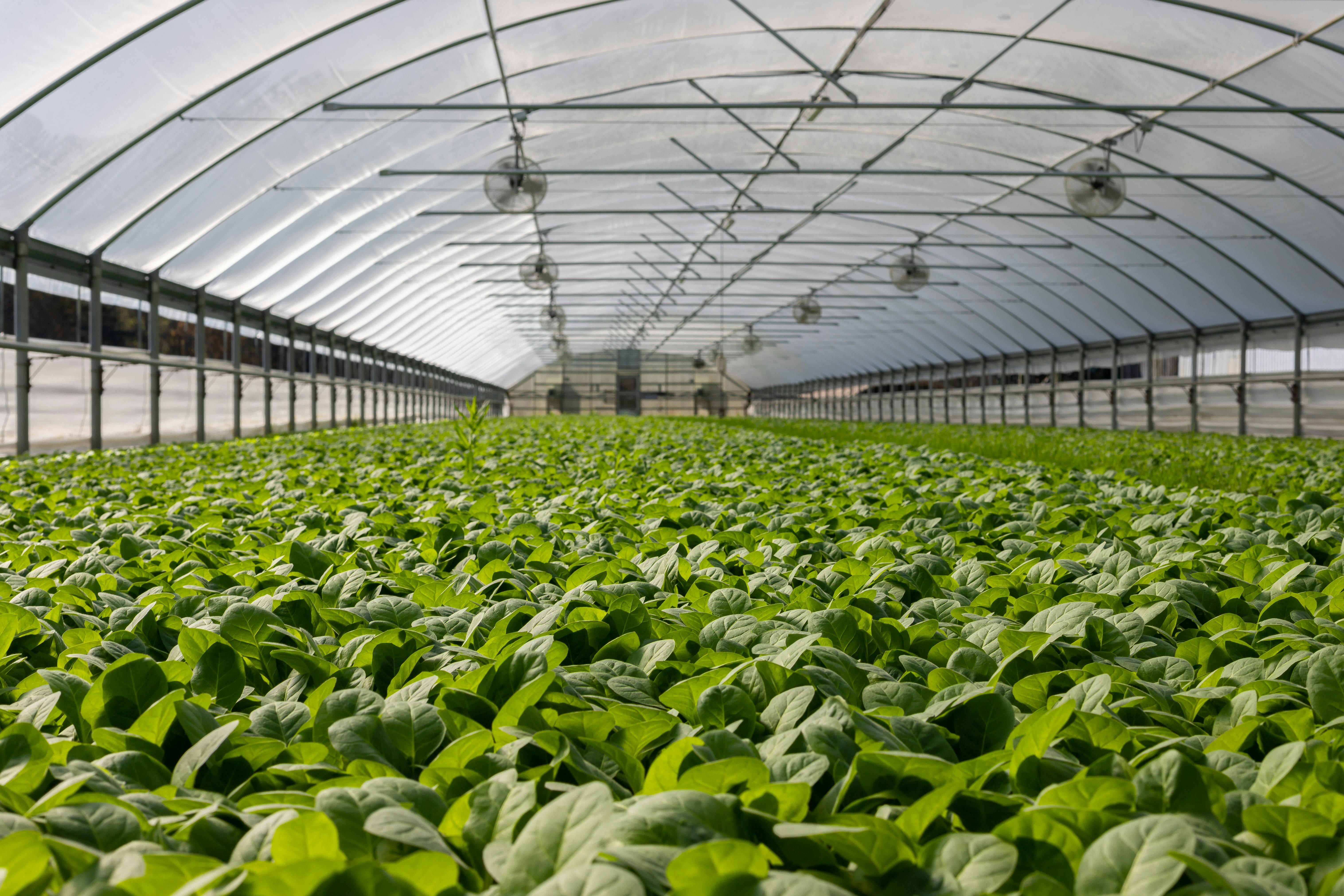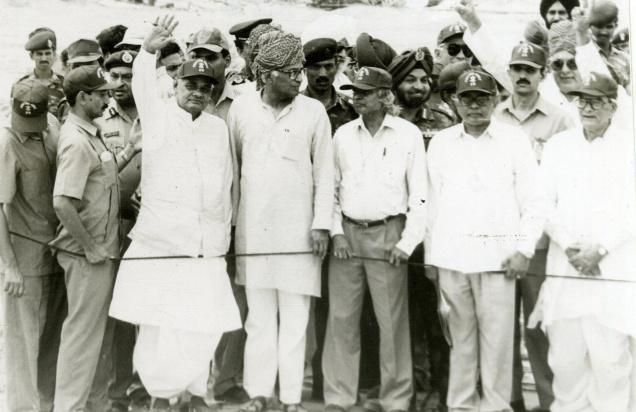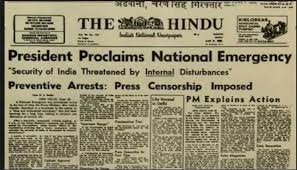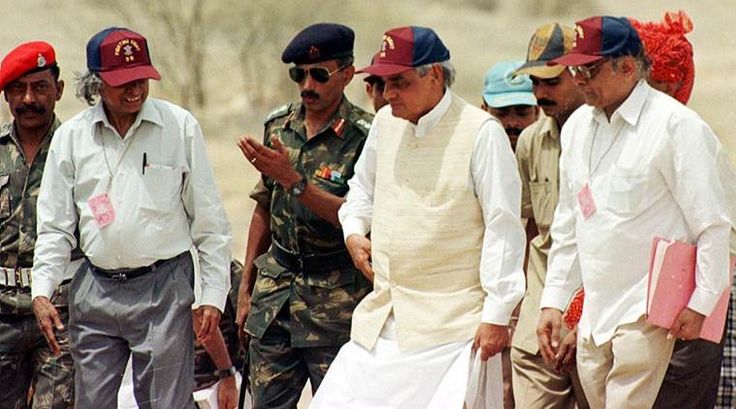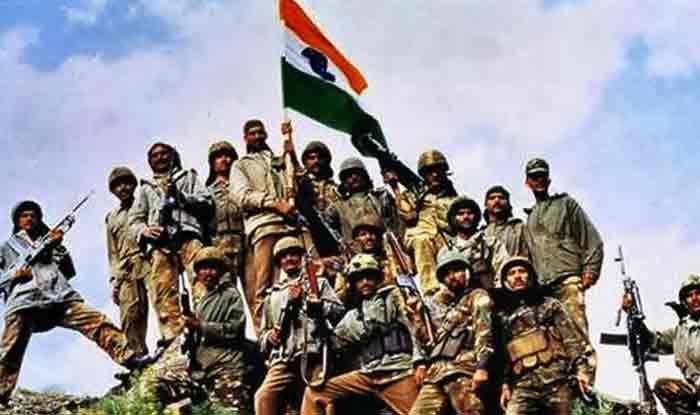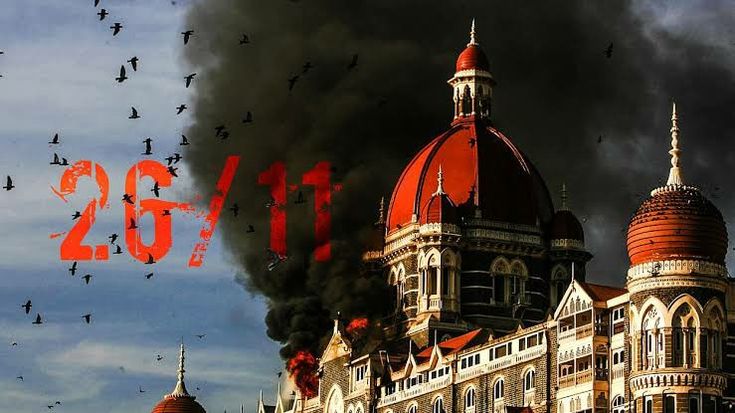Constitution Formation (1950)
On January 26, 1950, India adopted its Constitution, drafted under the leadership of Dr. B.R. Ambedkar. The Constitution established India as a sovereign, socialist, secular, and democratic republic, laying the foundation for its legal and political framework and ensuring fundamental rights for all citizens.


